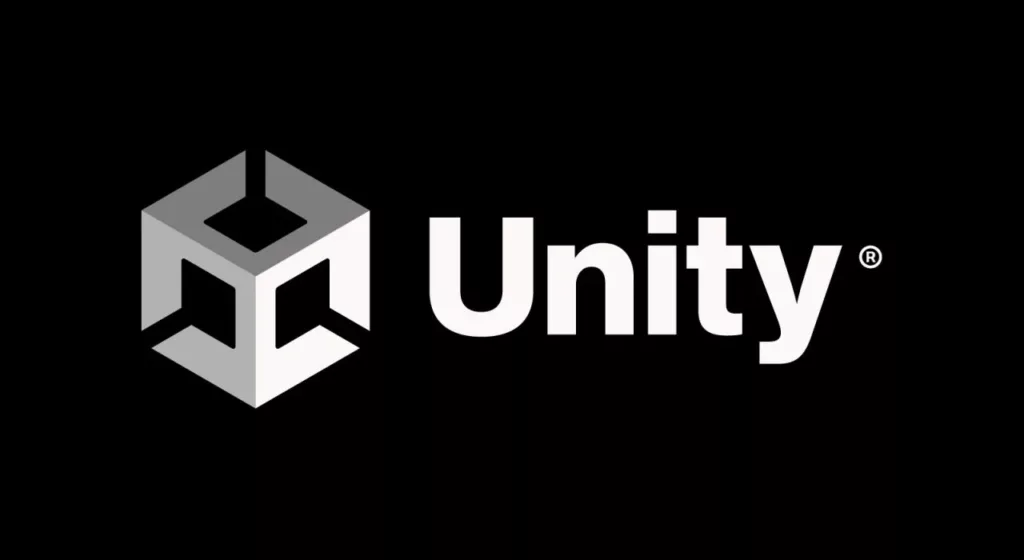In a significant turn of events, Unity, the game development engine, has backtracked on some aspects of its highly controversial plan to impose fees on game creators for every game download. The decision comes in the wake of extensive backlash from the gaming community and developers alike.
Unity revealed to Axios that it has taken a step back to reassess the situation and address the concerns raised by game developers. As a result, the company has made some concessions to its original plan.
Initially, Unity’s proposal involved charging game developers a small fee every time a user installed a Unity game, starting in 2024, subject to certain project thresholds. However, Unity has now adjusted this policy, stating that charges will only be incurred after a user’s initial game installation.
Unity’s rationale for this change is to prevent a practice known as “install-bombing,” where players delete and reinstall games repeatedly to trigger multiple payments. With the new approach, this tactic will be curtailed. Nevertheless, if a user downloads the same game on multiple devices, Unity will still levy multiple charges.
Developers Unhappy with Payment Model
Despite the adjustment, Unity’s developers continue to express discontent with the payment model. Many argue that any form of payment for game installations is unjust, even if it’s a one-time fee.
Another significant concern raised by developers is the potential impact on studios that have released their games through subscription services like Xbox Game Pass, which aim to maximize game downloads. In response, Unity has stated that download fees will be billed to the owners of subscription services, such as Microsoft in the case of Xbox Game Pass.
This shift in responsibility for payment has sparked discussions among developers, especially those who work as porting studios for other companies. Unity’s decision has left some developers questioning the thoroughness of the plan.
In a tweet, Falconeer developer Tomas Sala expressed his thoughts: “So now they are saying whoever holds the license (the Unity3D version) will foot the bill.” He humorously added, “Lol this is so not thought through.”
Unity’s Estimate and the Backlash
Unity’s spokesperson, Marc Whitten, estimated that only around 10 percent of developers using the engine would be affected by these changes. However, the backlash from the game development community has been unanimous.
Prominent indie developer Dan Marshall described Unity’s move as “an absolute catastrophe” and declared his intention to switch to Unreal Engine as soon as possible.
As the dust settles on this contentious issue, Unity’s adjustments aim to strike a balance between addressing developer concerns and maintaining a sustainable business model for the game development engine.
How these changes will impact the wider gaming industry remains to be seen, but Unity’s willingness to listen to its community is a testament to the power of developer voices in shaping the industry’s future.
Make an Informed Decision: “Choosing the right game can be overwhelming with so many options out there. Let us help you make an informed decision with our Stick to the Plan gameplay review, where we delve into the pros and cons, helping you understand if this is the game for you.”
